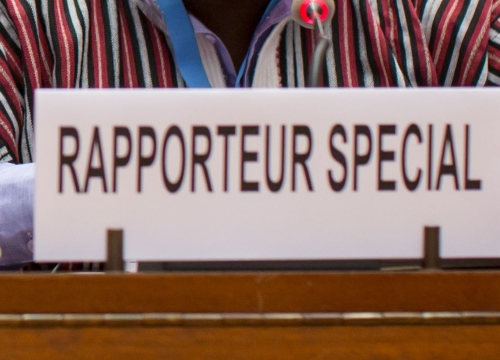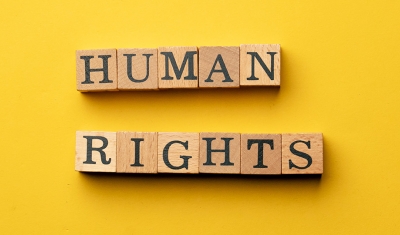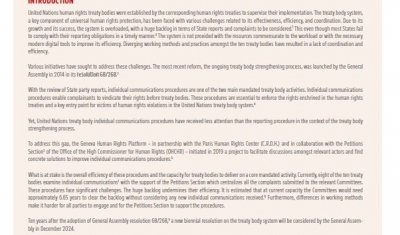Mandates in Dialogue: Strengthening Collaboration Across UN Mechanisms and Academic Institutions
Human Rights Conversations


Wikimedia
Rationale
In a complex and rapidly evolving global landscape, the work of UN Special Procedures mandates increasingly overlaps thematically and operationally. Strengthening collaboration between mandate holders is essential to address cross-cutting human rights challenges more effectively. Additionally, the support the mandates receive via OHCHR is limited and in times of budgetary and political crisis at the UN in general and the human rights pillar in particular, it is even threatened to shrink.
At the same time, academic institutions and researchers offer critical tools—such as legal analysis, policy briefs, and thematic research—that can directly inform and support the mandates' work. This Human Rights Conversation, co-hosted by the Geneva Human Rights Platform and the Raoul Wallenberg Institute, seeks to explore how cross-mandate cooperation can be enhanced, and how academia can play a more strategic and aligned role in supporting mandate holders through evidence-based, policy-relevant contributions, albeit respecting the specific roles of Special Procedures and the rules set by the UN on their functioning.
Objectives
- Increase understanding of the thematic and operational interlinkages between Special Procedure mandates.
- Identify concrete opportunities and models for cross-mechanism collaboration.
- Showcase how academic research and outputs—such as policy briefs and legal analysis—can inform and support the work of mandate holders.
- Highlight practical examples of academic collaboration, including contributions by fellows supported by RWI or the Geneva Academy
- Explore avenues for strengthening institutional partnerships between academia and UN Special Procedures.
Speakers
- Richard Bennett, UN Special Rapporteur on Afghanistan
- Latifa Jafari Alavi, Research Fellow, Raoul Wallenberg Institute
- Nazila Ghanea, UN Special Rapporteur on freedom of religion or belief
- Erica Harper, Head of Research and Policy Studies, Geneva Academy
Moderation
- Felix Kirchmeier, Executive Director, Geneva Human Rights Platform
Cocktail
The event will be followed by a light cocktail.













